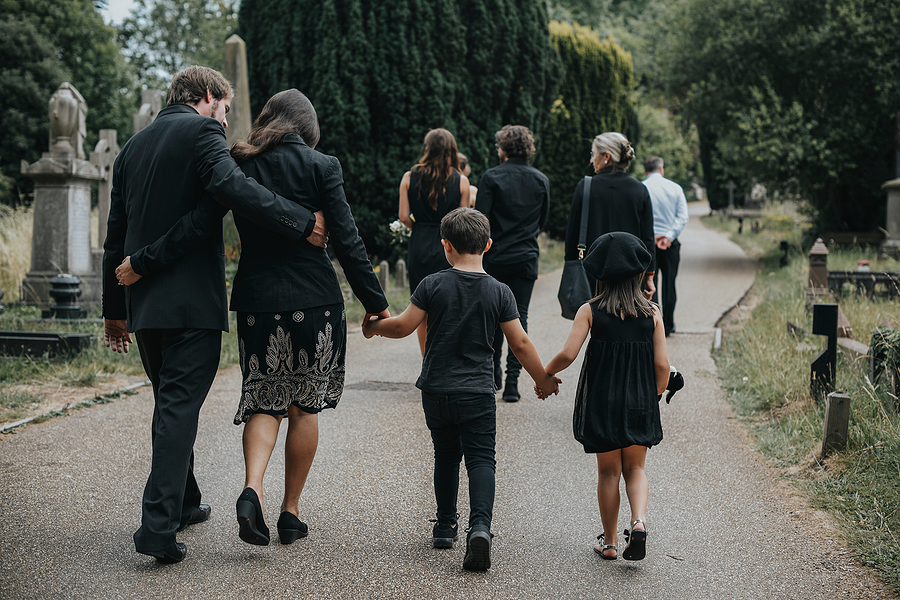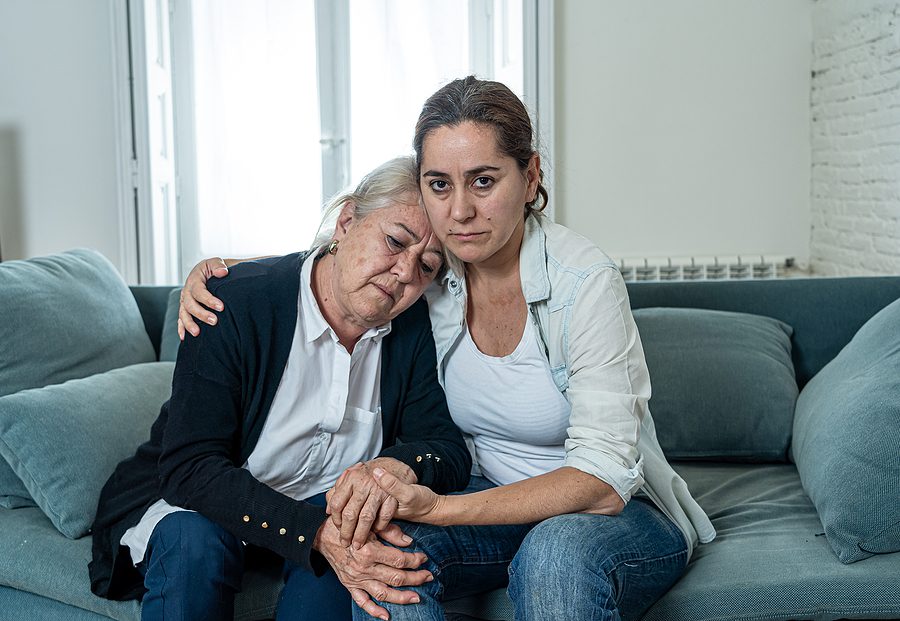
Understanding the Wrongful Death Litigation Process
Wrongful death is a devastating, unfortunate tragedy, and the litigation process is often very overwhelming for the grieving family members left behind. Emotionally dealing with the loss of a loved one under these circumstances is difficult, and sorting through the complexities of a wrongful death case on top of that is stressful. You’re grieving. You’re angry. You’re trying to make sense of this new normal. Having a trusted attorney to carry out the necessary series of legal events to come will be invaluable to moving forward after an insurmountable loss like this.

What is a Wrongful Death Case?
A wrongful death occurs due to someone else’s act, or failure to act. The person responsible for the death had a responsibility, and due to some form of negligence, a death occurred. Most of the time, the negligence was unintentional. Regardless of how or why a wrongful death happened, it’s important that those responsible for failing to act be held accountable.
Wrongful Death Litigation Process
If a loved one was a victim of wrongful death, it’s important to speak with a trusted attorney as soon as possible. Do not delay reaching out for legal advice, as wrongful death lawsuits have a statute of limitations, and your lawyer will need time to collect and organize the evidence to present in your case.
A family member will be appointed as the Estate Representative for the deceased. This person may have been nominated by the deceased in a Last Will and Testament, or it may just be a close family member such as a spouse. It is up to the Estate Representative to hire a wrongful death attorney who will then guide your family through the process.
A wrongful death claim will be filed to prove negligence and outline compensation. The period between filing the lawsuit and going to trial will usually take several months. During this time, your attorney will gather evidence and handle any correspondence related to the wrongful death case on your behalf. They will obtain all the documentation and information needed to proceed with the case. The evidence that will need to be presented usually falls into two domains: proving legal liability on the part of the negligent party, and proving compensation to be paid for the life that was taken.
What Happens When the Lawsuit is Filed?
Once the lawsuit is filed, the exchange of documents and information between the attorneys for each party will take place. You will need extensive documentation, including medical records, medical bills, proof of loss of earnings, and information about the impact that the loss of life had on the survivors. Your attorney will begin negotiating with the other party and will work hard to settle out of court if possible.
Will We Have to Go to Trial?
Most wrongful death cases are settled through mediation prior to going to trial. If the settlement offered is fair, a wrongful death case can be handled outside of the courtroom. However, if the settlement is insufficient, or the at-fault party is trying to avoid responsibility, you may need to go to trial. Wrongful death court cases are determined by a judge and jury. Once evidence is collected and the legal process is underway, your attorney will be better able to gauge whether a court trial or settlement is more likely.
What is Included in Damages?
The jury’s job in a wrongful death case is to put a value on what was taken from the family. This is sometimes referred to as “awarding damages.” Damages awarded in a wrongful death case can include funeral expenses, medical bills, loss of support from the reasonably expected earning capacity of the deceased, loss of services, loss of society (this includes loss of companionship, consortium, care, assistance, attention, protection, advice, guidance, counsel, instruction, training, and education), loss of prospective inheritance, and mental anguish and suffering experienced by the survivors left behind. It can also include conscious pain and suffering experienced by the deceased prior to his/her death.
What Not to Do
There are some common mistakes to avoid during the litigation process of a wrongful death case, and most of them follow a simple, but very important rule: Talk about your grief (that’s normal), but don’t talk about ”the case.”
- Don’t talk about the case publicly.
- Don’t talk about the evidence.
- Don’t talk to the insurance companies.
- Don’t accept a settlement without talking to an attorney.
The insurance company, and maybe even the responsible party, may try to contact you personally to offer compensation. Even if they try to convince you they are on your side and offer what seems like a fair settlement, it’s best to talk with an attorney first so you fully understand what you are entitled to as a result of what happened. It’s tempting to accept a settlement early to provide much needed closure, but it’s important you receive the compensation you need to address the unique circumstances of your case.
Wrongful death cases are highly emotional, and your attorney can provide a clear-headed approach with an unemotional perspective. With the help of an experienced wrongful death attorney, you can begin to move forward and put this awful time in your family’s life behind you. If you’ve experienced a wrongful death in your family and you’re not sure where to turn, contact Arthur Law Firm for a free consultation at (419) 782-9881. We are here as a trusted ally, we understand your rights, and work hard to honor your loved one’s legacy through every step of the litigation process. You deserve a fair settlement for everything you have been through. Let’s talk today.